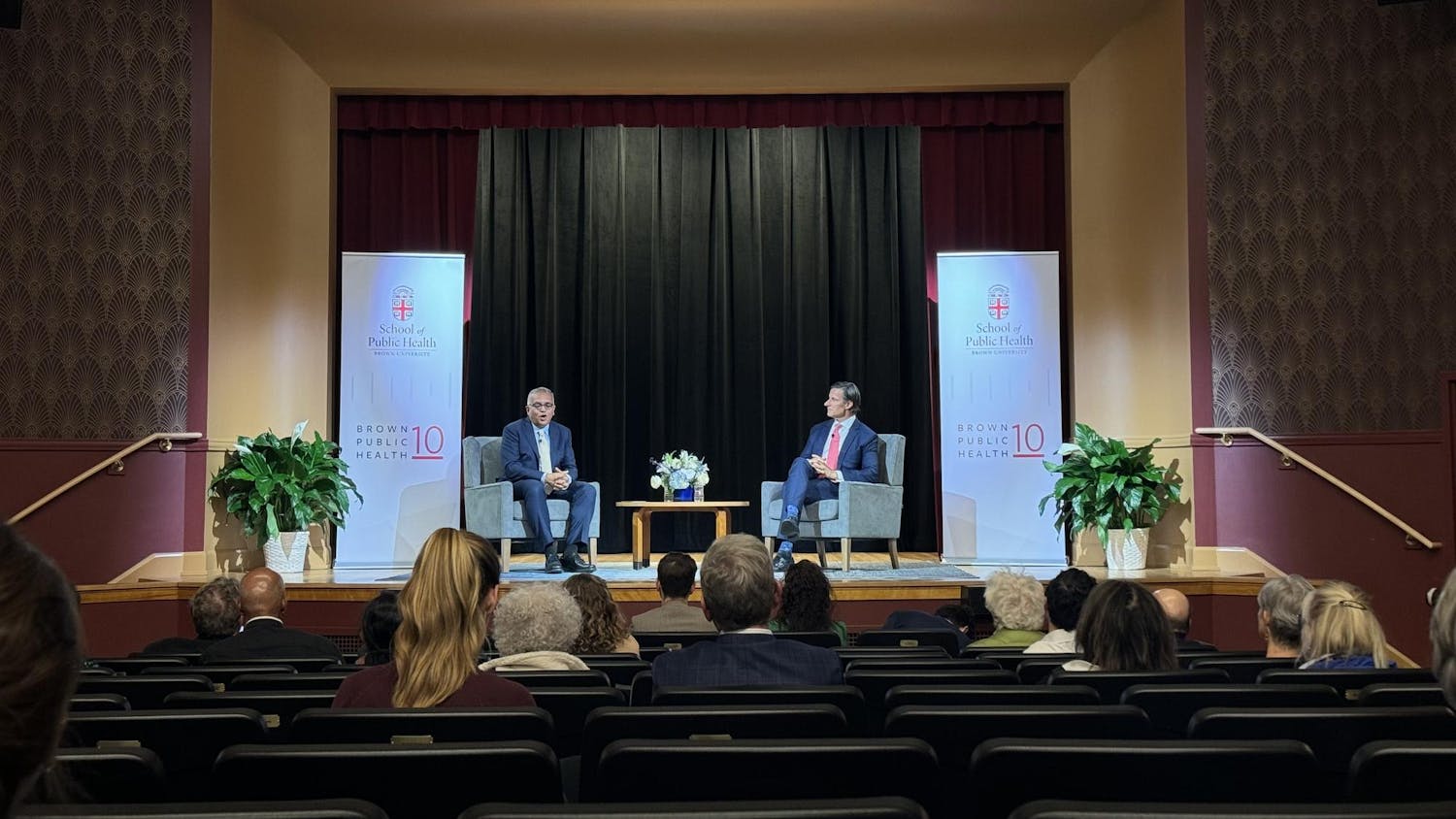Study explores weight loss motivation game
A recent study of an online weight loss game found the site to be an effective weight loss tool, according to a Lifespan press release.
DietBet, a gaming website designed to motivate users to lose weight, has players bet money on their own weight loss. Players are given four weeks to lose 4 percent of their starting weight, and all who do so split the pool of money collected at the trial’s outset, according to the release.
The study, conducted by Tricia Leahey, assistant professor of psychiatry and human behavior, and Jamie Rosen, DietBet founder and CEO, evaluated the effectiveness of the game by looking at the weight loss results of 40,000 DietBet users over seven months.
The results, published this month in the Journal of Medical Internet Research Serious Games, found that the average player lost 4.9 percent of his or her initial body weight and won $59, according to the release.
The results also showed that players who lost the most weight tended to be within the same trial, suggesting that players in the same game influenced each other’s weight loss behavior.
Alcohol may increase smoking urge after periods of short deprivation
Smokers report alcohol has a stronger effect on their urge for a cigarette if they have abstained from smoking for several hours rather than overnight, according to a recent study by a team of researchers at the University’s Center for Alcohol and Addiction Studies. The study was published online earlier this month in the journal Addictive Behaviors.
The researchers, led by Anne Day, a fellow at the center, used a balanced placebo design in which half the participants received stale tonic water in their drink rather than alcohol. Next, the participants reported whether they experienced a strong desire to smoke.
Participants reported a strong increase in smoking cravings when they drank and had not had a cigarette in three hours, but alcohol did not play a significant role in the desire to smoke for those who abstained overnight.
“The findings of the current study are relevant for methodology of laboratory-based studies of smoking, and provide evidence that a shorter deprivation period prior to experimental manipulation might result in greater effects on smoking urge,” the researchers wrote in the study.
The study builds on previous research led by Christopher Kahler, professor of behavior and social sciences and department chair. Kahler, who also served as one of the coauthors of the new study, conducted previous work that suggests overnight cigarette deprivation may create such a large urge to smoke on its own that alcohol’s effects on craving are masked.
Understanding canopy growth
A pair of researchers recently published a model that mathematically predicts the cause of visible growth in forest canopies, according to a University press release.
James Kellner, assistant professor of ecology and evolutionary biology, and Gregory Asner of the Carnegie Institution for Science in Stanford, Calif., created the model looking at a forest in Hawaii to analyze and understand what appeared as “unusually large” tree growth in the forest.
The model, published online in the journal Ecology Letters, can predict the probability that a change in the canopy’s size is based on the normal growth of a tree already at the top of the canopy, growth and takeover of a lower tree, or growth of another branch of an incumbent tree at the top, according to the release.
What had appeared as incredible amounts of vertical tree growth was actually due more to horizontal growth of incumbent trees, according to the model’s results.
The model also reveals that for the forest in this study, a tree limb at the top of the canopy will still be at the top of the canopy two years later nearly 98 percent of the time.
Understanding tree height is important for determining how much carbon is taken out of the atmosphere by trees, according to the release.
The model has the potential to apply to many forests, Keller said in the release. “There’s definitely basic ecological interest in understanding what might be called the rules of the game,” he said.
ADVERTISEMENT




